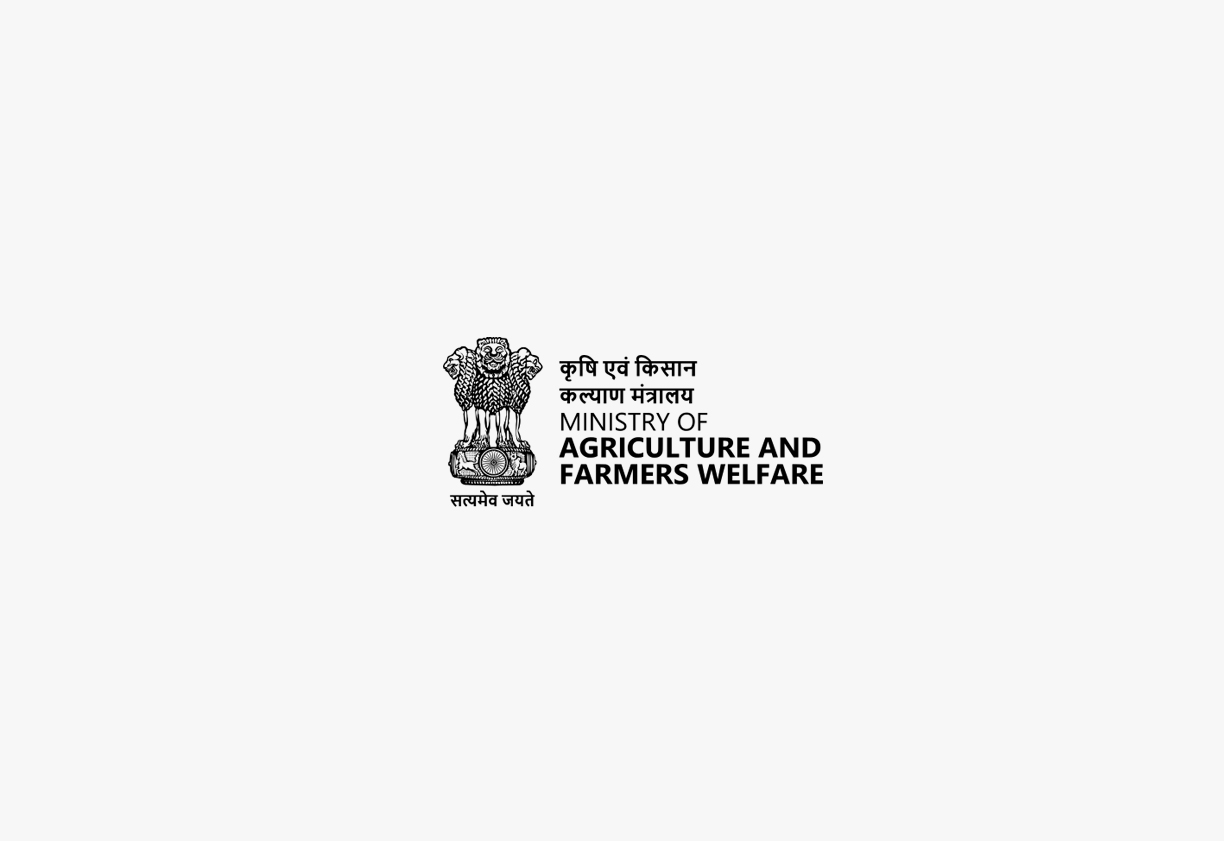Ministry of Agriculture and Farmers Welfare
The Seeds Act, 1966, is a key legislation in India that aims to regulate the quality of certain seeds for sale and for matters connected therewith. This Act provides a framework for ensuring that farmers have access to quality seeds, which are essential for agricultural productivity. This article provides a summary of the Act, highlighting its background, key provisions, and penalties.
1. Act Background and Ministry:
-
Background: The Seeds Act, 1966, was enacted to provide for regulating the quality of certain seeds for sale and for matters connected therewith. It reflects the need for a legal framework to ensure that farmers have access to good quality seeds, which are crucial for agricultural production.
-
Ministry: The Act is primarily administered by the Ministry of Agriculture and Farmers Welfare, Government of India.
2. Enactment Date, Number of Chapters, Number of Sections:
-
Enactment Date: The Act was enacted on December 29, 1966.
-
Number of Chapters: The Act is divided into seven chapters.
-
Number of Sections: The Act contains 25 sections, with some sections having sub-sections and amendments.
3. Act Governed By:
The Act is primarily governed by the Central Government, which has the power to constitute the Central Seed Committee, establish the Central Seed Laboratory, and make rules for carrying out the purposes of the Act. The State Governments also have a role in implementing the provisions of the Act within their respective jurisdictions.
4. On Whom It Is Applicable:
The Act applies to:
-
Seed Producers: Individuals or entities producing seeds for sale.
-
Seed Sellers: Individuals or entities involved in the sale of seeds.
-
Seed Importers: Individuals or entities importing seeds into India.
-
Certification Agencies: Agencies responsible for certifying the quality of seeds.
-
Seed Analysts: Individuals appointed to analyze seed samples.
-
Seed Inspectors: Individuals appointed to inspect and enforce the provisions of the Act.
5. Penalties/Punishments:
The Act prescribes penalties for offenses related to the sale and quality of seeds, including:
-
Fines: Fines are imposed for various offenses, such as selling seeds that do not meet prescribed standards, counterfeiting certification marks, and obstructing seed inspectors.
-
Imprisonment: Imprisonment may be imposed for certain offenses, particularly for repeated contraventions.
-
Forfeiture: Seeds may be forfeited for contravening the provisions of the Act.
6. Important Pointers:
-
Central Seed Committee: The Act establishes the Central Seed Committee to advise the Central and State Governments on seed-related matters.
-
Central Seed Laboratory: The Act provides for the establishment of a Central Seed Laboratory for seed testing and analysis.
-
State Seed Laboratories: State governments may establish State Seed Laboratories for seed analysis.
-
Power to Notify Kinds and Varieties of Seeds: The Central Government can notify kinds and varieties of seeds for the purposes of the Act.
-
Minimum Limits of Germination and Purity: The Central Government can specify minimum limits of germination and purity for seeds.
-
Regulation of Sale: The Act regulates the sale of seeds of notified kinds or varieties.
-
Certification Agencies: The Act provides for the establishment of certification agencies to certify the quality of seeds.
-
Seed Analysts and Inspectors: The Act provides for the appointment of Seed Analysts and Seed Inspectors to enforce the provisions of the Act.
-
Power to Make Rules: The Central Government has the power to make rules for carrying out the purposes of the Act.
-
Offenses by Companies: The Act specifies that companies can be held liable for offenses under the Act.
7. Act Copy:
The full text of the Act can be accessed through the official government gazette or legal databases.




